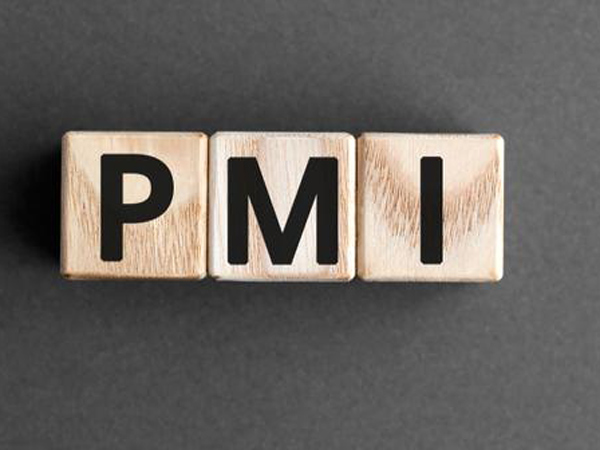 A PMI logo
A PMI logo
The Purchasing Managers’ Index for UAE and Saudi Arabia slipped in August. The UAE’s headline S&P Global PMI slipped to 55.0 in August, down from 56.0 in July, according to Emirates NBD Research.
Saudi Arabia also slipped in August to 56.6, down from 57.7 in July, according to The Riyad Bank PMI survey.
For the UAE, this marked the lowest reading since February, but it was still comfortably above the neutral 50.0 level and the index continues to compare positively against the major developed economies’ PMI readings. NBD’s non-oil GDP forecast for the UAE this year is unchanged for growth of 5.0%, down from 7.2% in 2022.
11-month low
For KSA it marked an 11-month low for the survey but it remains indicative of a non-oil private sector that is enjoying robust health, and we forecast non-oil GDP growth of 5% this year, supported by the preliminary Q2 GDP growth figures.
Business activity slowed in UAE in August compared to July, with this subindex falling to the lowest level since January, but new orders remained robust which should help sustain output in the coming months. Composite new orders growth ticked up modestly from the previous month, with respondents citing greater numbers of customers and improving economic conditions as driving the expansion. New export orders are seemingly driving a lot of the increase as the sub-component jumped strongly to the highest reading since July 2022.
Prices paid by firms continued to track higher in August, albeit at a relatively sedate pace. Input costs overall grew at below the long-term trend pace and only 6% of respondents reported higher prices. For purchase prices, these were driven by higher petrol prices and supply shortages driving up the price of raw materials while staff costs were broadly unchanged. Firms continue to cut their output prices in a bid to stay competitive, although some firms did report raising their prices.
Business optimism up
Business optimism rose to the highest reading since March 2020 just as the pandemic crisis began, with firms noting strong economic growth in the UAE as being supportive of their businesses. Strong investment was cited even as borrowing costs have risen. In this environment, firms continued to hire as they looked to deal with greater workloads.
KSA’s output continued to grow sharply, albeit at the slowest pace since January 2022. Looking to the coming months, the pace of new orders growth also slowed in August while remaining robust overall. Orders growth was driven domestically last month, and respondents noted a growing expat population supporting this. Meanwhile, new export orders turned fractionally negative in August.
In notable contrast to the UAE, business confidence in Saudi Arabia fell to its lowest level since June 2020. The overall view was that output would be higher next year, but just 9% expected growth as firms voiced concern over increasing competition. This is weighing on firms’ ability to raise prices in recent months, with output prices rising only fractionally in August after a decline in July. Firms are having to absorb higher input prices as raw materials costs have risen.
Egypt
Egypt’s S&P Global PMI survey for Egypt was unchanged on the headline level at 49.2 in August. The index continues to indicate a modest contraction in the private sector, with the July and August readings the highest in two years.
The Egyptian economy remains under pressure, and this is evident in some of the subcomponents of the survey. Respondents noted the effect of the stronger dollar against the Egyptian pound on inflation as overall input prices rose at the sharpest pace since March. Much of this was driven by higher purchase costs which accelerated to a five-month high, but staff costs are also rising as firms raise wages as employees struggle with rising prices. Firms are passing some of these costs on to customers as output prices rose at a faster pace than seen in July.
Business confidence in Egypt improved in August to a five-month high, but this is off record lows in recent months and it remains below trend. Just under 10% of firms expect output to be greater in 12 months’ time, with construction firms among the most optimistic.-- TradeArabia News Service
